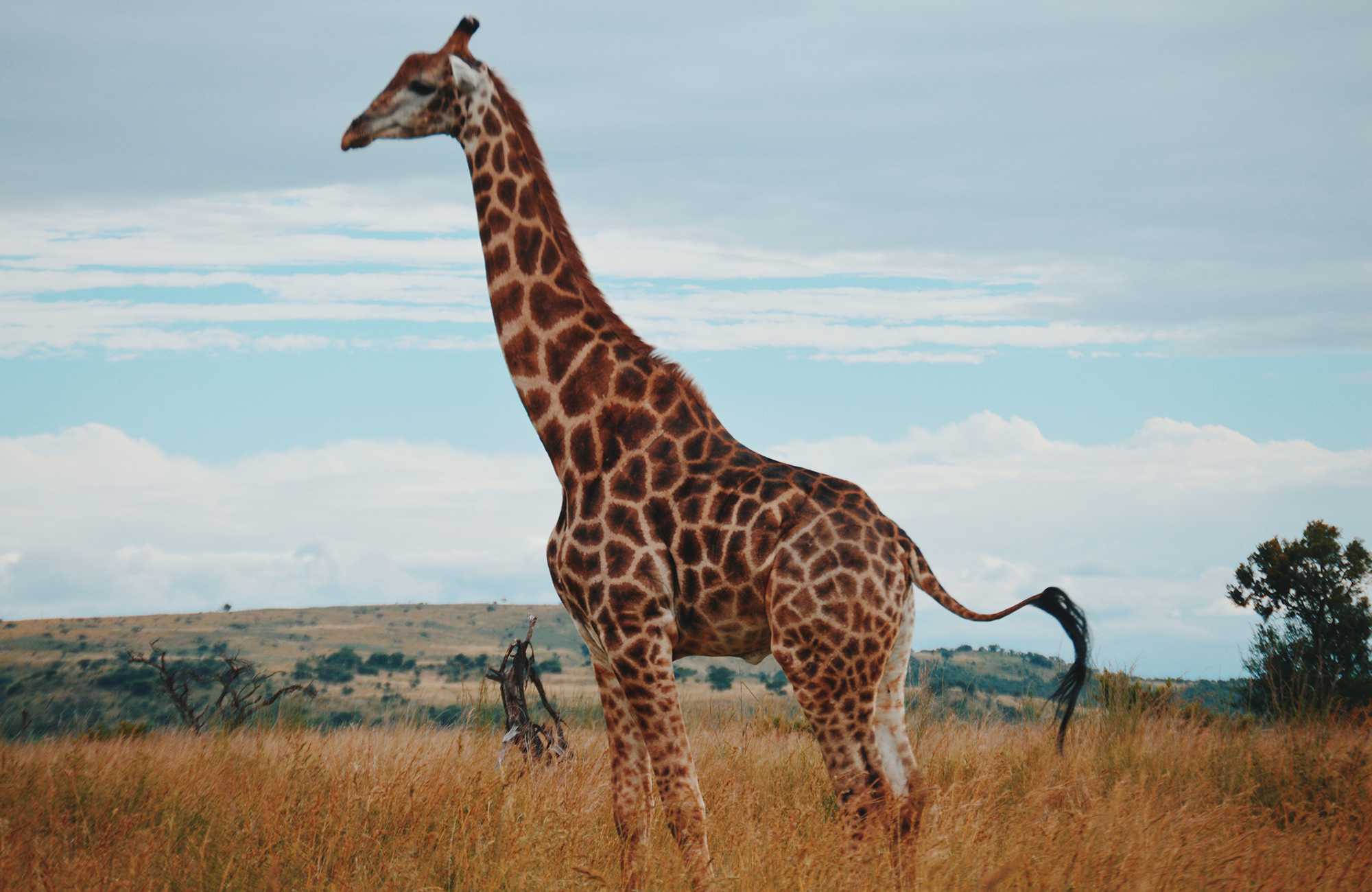Dýravernd snýst um að hjálpa dýrum í útrýmingarhættu og bæta lífsskilyrði þeirra. Með því að fara í sjálfboðavinnu með dýrum ert þú að leggja þitt af mörkum og komast í ótrúlega nálægð við villt dýralíf. Á sama tíma lærir þú ótrúlega mikið um dýrin sem þú starfar með og kynnist öðrum sjálfboðaliðum víðsvegar að úr heiminum.
Við höfum valið fjölda flottra dýraverndunarsamtök sem öllum er stjórnað af dásamlegu fólki. Þú getur verið sjálfboðaliði í 1 - 6 vikur og unnið með fjölbreyttum dýrum um allan heim, t.d. fílum, hvíthákörlum, ljónum, öpum og skjaldbökum.
Skoðaðu úrval dýraverndunarverkefna hér og komdu síðan til okkar í fría ferðaráðgjöf.
Fá fría ferðaráðgjöf


